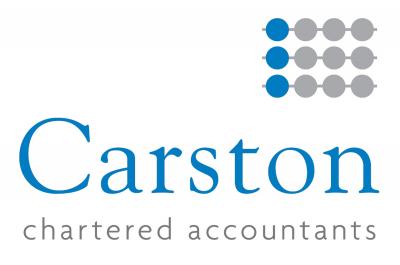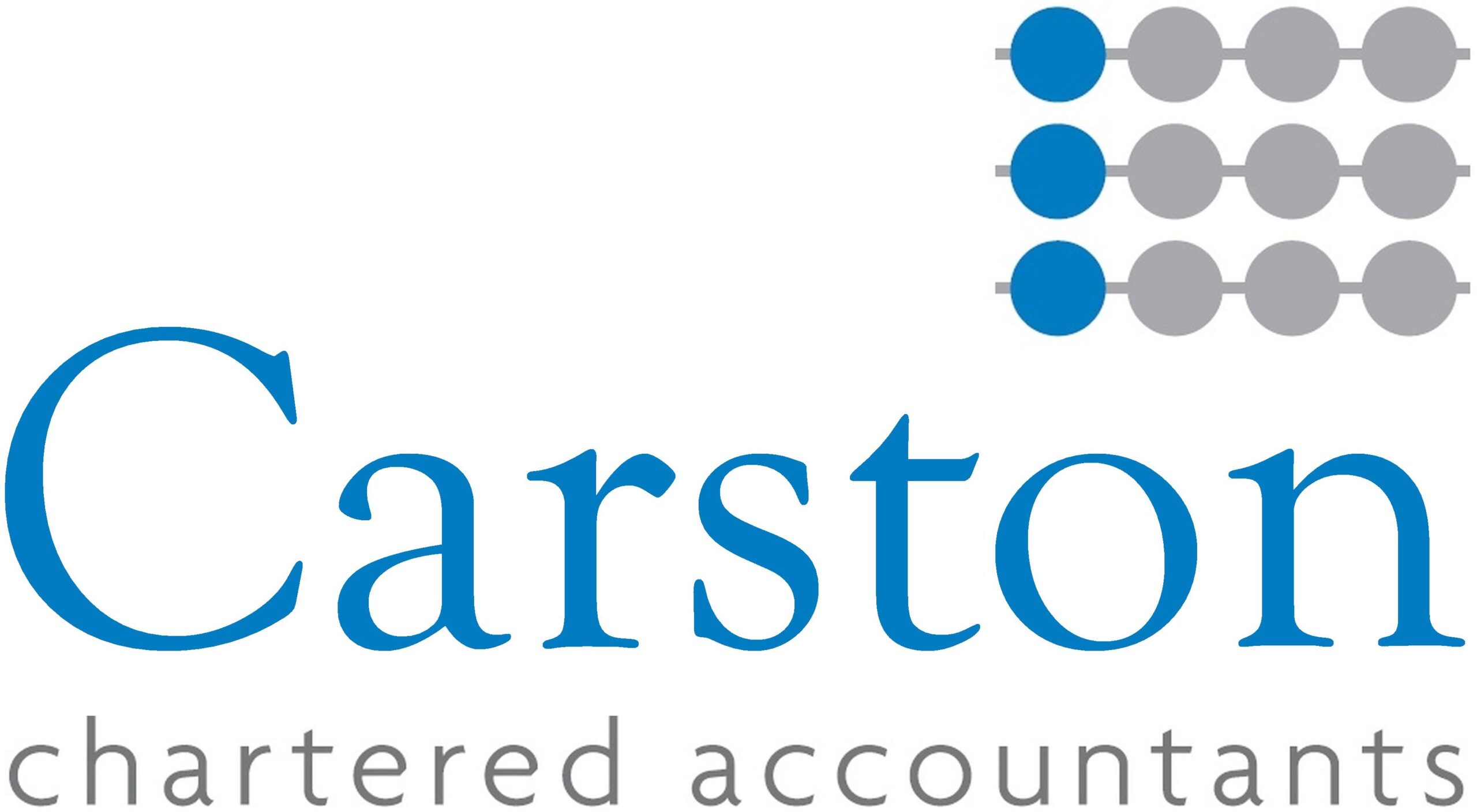The structure you choose when you start your own business will shape the way you work and the type of tax you pay.
Whether you decide to be a sole trader or register as a limited company, you need to know the details of these options.
Each one has its advantages and disadvantages. This guide will help you understand the differences between them.
What’s the difference?
Firstly, working as a sole trader means just that. You’re working for you and you alone, and you’re solely responsible for the business as a whole. You and your business are legally one entity, so whatever the business earns, you earn.
This isn’t the case if you register as a limited company. In doing so, you’re separating yourself from the business, which becomes its own legal entity. You’ll become the owner or director, as well as appointing shareholders.
Pros and cons of being a sole trader
The main advantage of being a sole trader is that you keep all of your business’ profits: everything the business earns is part of your income, which keeps things simple.
You’ll also have less paperwork when compared to registering as a limited company, and you’ll only have to do one tax return a year.
Now the downsides.
As a sole trader, you’re fully liable for any losses your business makes, which means you may have to dip into your personal account and repay any debts. In the worst-case scenario, your personal assets – like your house and possessions – could be at risk.
You’ll also be responsible for all of the important business decisions. Even if you hire staff, you’re the only one with full accountability.
Being a sole trader has its upsides, but you’ll have to carry all the stress on your shoulders.
Pros and cons of a limited company
As mentioned above, registering as a limited company separates you from your business. You’ll be your own legal entity and therefore have some protection in case things go wrong.
As a company director, you can pay yourself in a combination of salary and dividends. Dividends have a lower tax threshold than salaried pay, meaning you can be more tax-efficient.
When you finally decide to leave your business, transferring your ownership or selling the business’s assets can be much smoother if you’re the director of a limited company than if you were a sole trader, because there’s a clearer distinction between what you own and what belongs to the business.
While all of this sounds good, there are drawbacks.
By registering as a limited company, you’ll find yourself with a lot more admin work. Starting out, you must register with Companies House, which means paying a registration fee.
You’ll also be obliged to pay corporation tax on your business’s profits. This means you must file your company tax return 12 months after the end of your accounting period.
Get in touch
Deciding on your legal structure is an essential part of forming your business, but you don’t have to make this decision alone. Carston is on hand to guide you through the first steps of starting your business.

